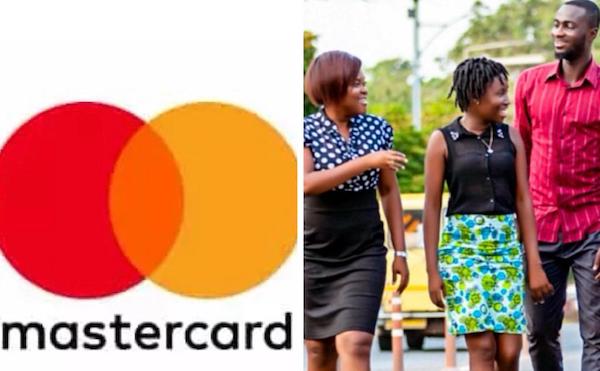The Ghana Enterprises Agency (GEA) and the MasterCard Foundation have joined forces in a strategic partnership, marking the commencement of a sensitization campaign for the innovative Business in a Box (BizBox) Program.
This initiative, an extension of the successful Young Africa Works Project, aims to empower an additional 250,000 young Ghanaians over the next four years.
The Young Africa Works Project, which ran from 2020 to 2022, surpassed its goals by supporting around 94,000 young individuals in establishing businesses or securing fulfilling jobs. Building on this success, the BizBox Program seeks to continue this momentum by supporting a quarter of a million young people in accessing dignified and fulfilling employment.
In the Greater Accra Region, Gifty Animwaa Owusu, a participant in the GEA/MasterCard Young Africa Works Project, shared her inspiring journey from struggle to success. Gifty highlighted the pivotal role played by the program in providing hope and support when she had no one else to turn to. Through the A2E program and valuable Start-up Kit support, Gifty transformed into a thriving business owner and community mentor.
Gifty’s story reflects the transformative impact of targeted support, echoing the overarching goal of programs like the GEA/MasterCard Young Africa Works in fostering positive change in individuals and communities. Her experience stands as a beacon of hope for aspiring entrepreneurs and a testament to the effectiveness of empowering initiatives.
The newly introduced BizBox Program, with an investment of GHS 660 million (approximately $55 million), emphasizes GEA and the MasterCard Foundation’s ongoing commitment to the development of young people. Running until April 2027, the program aims to equip young entrepreneurs with essential tools, knowledge, and support for business initiation and expansion.
In alignment with its commitment to inclusivity and diversity, the BizBox Program places a significant focus on empowering young women, with more than 70% of the target participants being females. Additionally, 10% of Persons with Disabilities (PWDs) are included, reaffirming the program’s dedication to fostering economic participation for all.


